A floating community sauna on the frozen Oulu River seemed as good a place as any to ask Finnish locals what they think of the European Capital of Culture bandwagon that will be rolling into their city in 2026. Two women sweltering on the top…
Category: 2. World
-
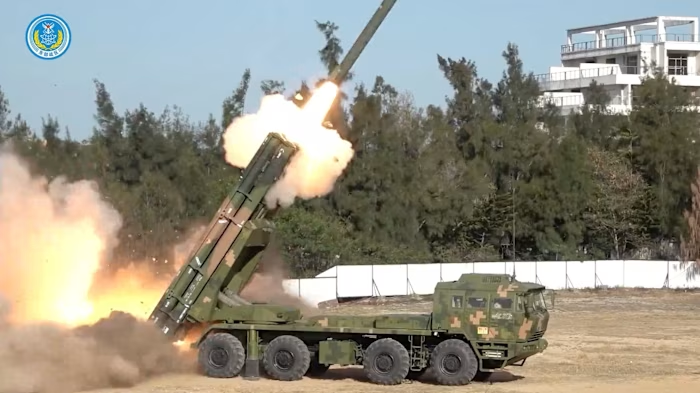
China steps up Taiwan military drills with live-fire exercises
Unlock the White House Watch newsletter for free
Your guide to what Trump’s second term means for Washington, business and the world
China’s military has launched 10 hours of live-fire exercises around Taiwan, as US President Donald Trump…
Continue Reading
-
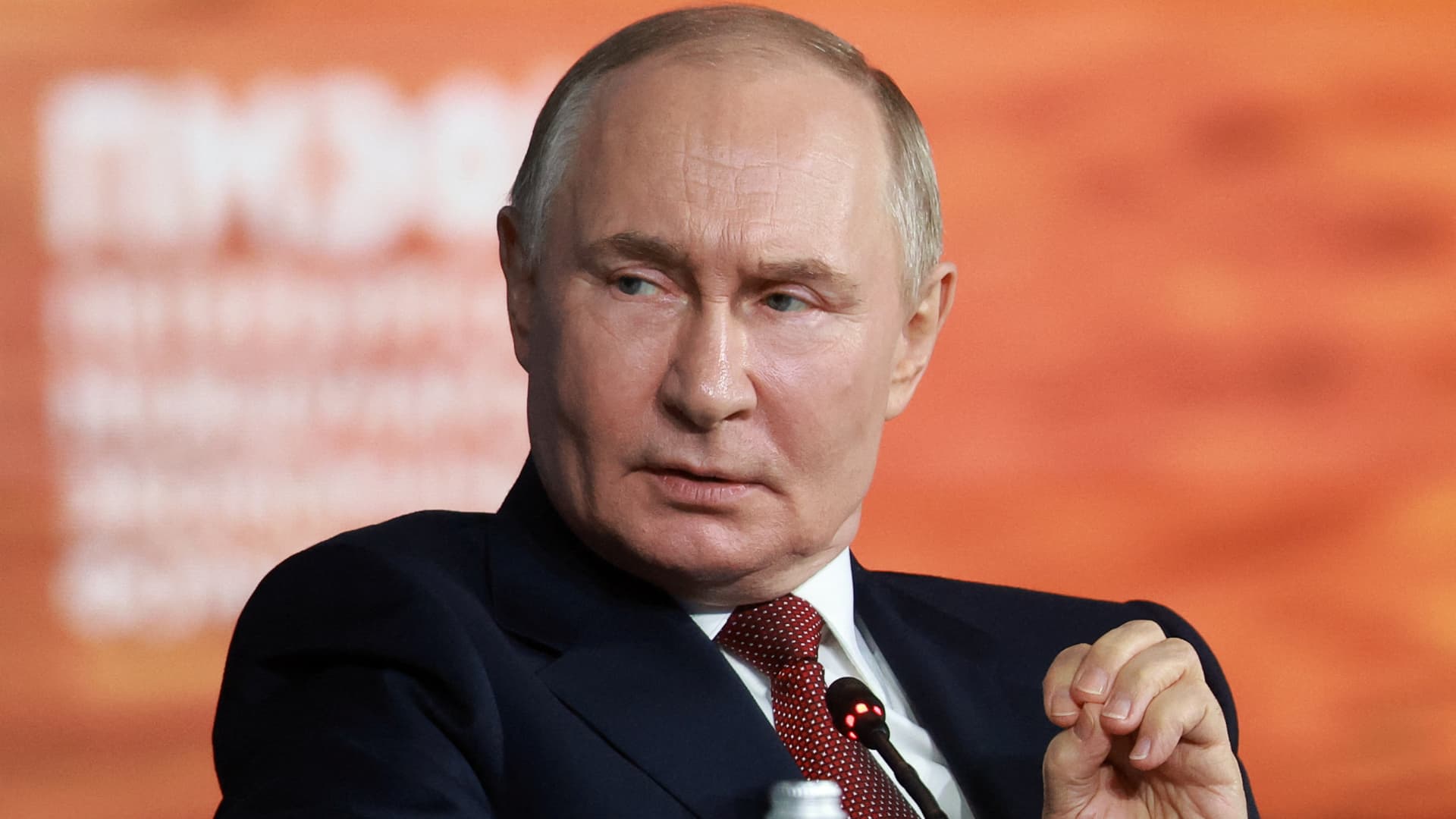
Russia and Ukraine trade barbs over alleged drone attack on Putin residence
In this pool photograph distributed by the Russian state agency Sputnik, Russia’s President Vladimir Putin attends a meeting of the Collective Security Treaty Organisation (CSTO) Heads of State Council at the Yntymak Ordo (Palace of Unity)…
Continue Reading
-
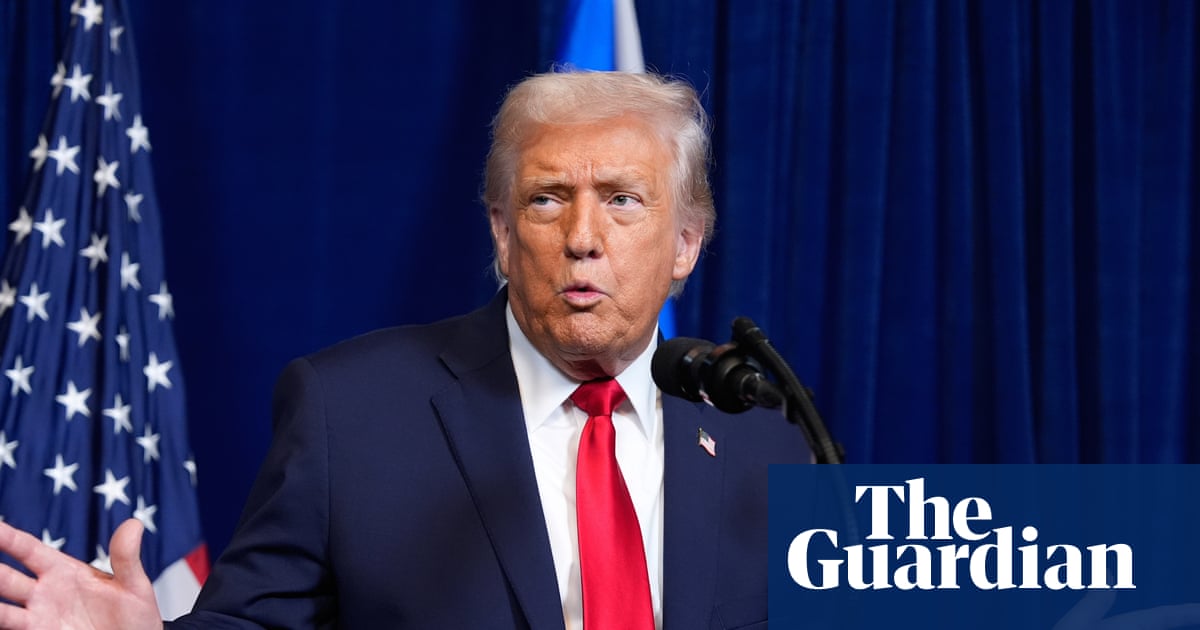
Trump shows customary disdain for protocol as poker-faced Netanyahu looks on | Israel
Hosting Benjamin Netanyahu for the fifth time since returning to the White House 11 months ago, Donald Trump gave a performance on Monday that provided a microcosm of his now customary disdain for foreign policy protocol.
In an impromptu 15 minute…
Continue Reading
-
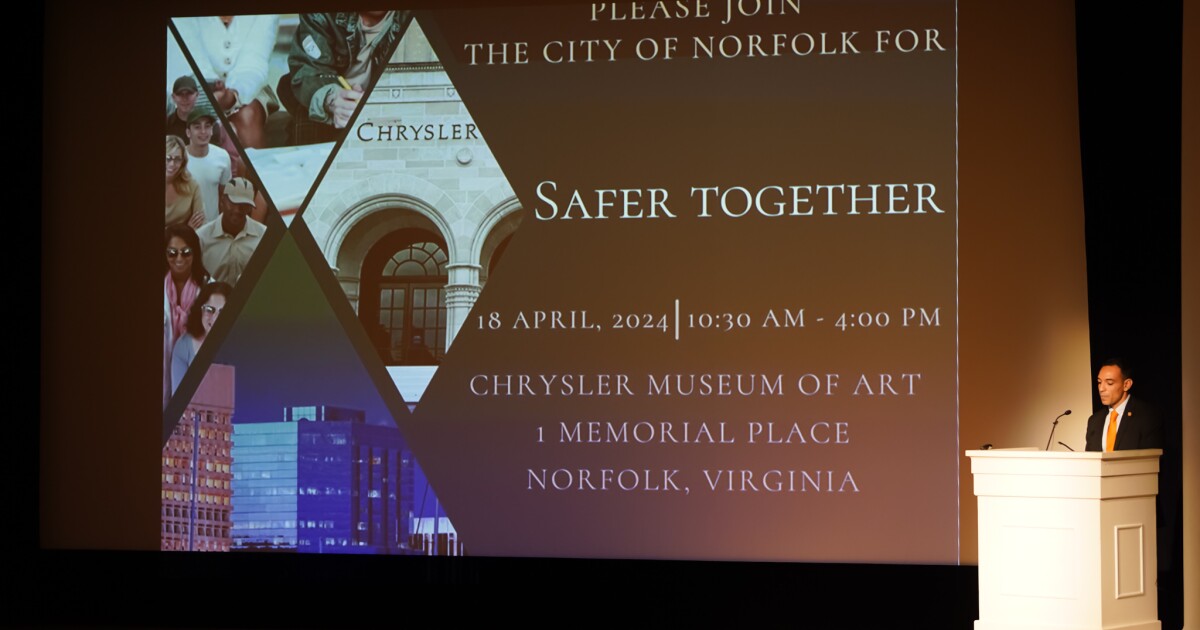
Virginia anti-violence programs slashed in federal cuts
By Sandra Jones
Virginia Center for Investigative Journalism at WHRO
The nonprofit Community of Change launched its Safer Together initiative in October 2023 to aid families and victims of gun violence in…
Continue Reading
-
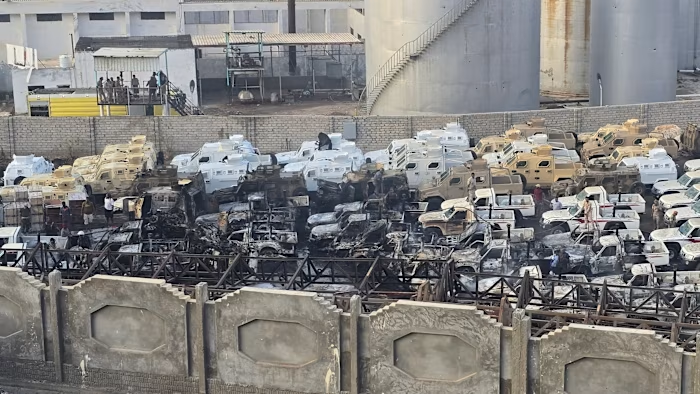
Saudi Arabia bombs UAE-backed faction in Yemen
Unlock the Editor’s Digest for free
Roula Khalaf, Editor of the FT, selects her favourite stories in this weekly newsletter.
Saudi Arabia has launched an air strike on a Yemeni port, targeting what it said were shipments of weapons and combat…
Continue Reading
-
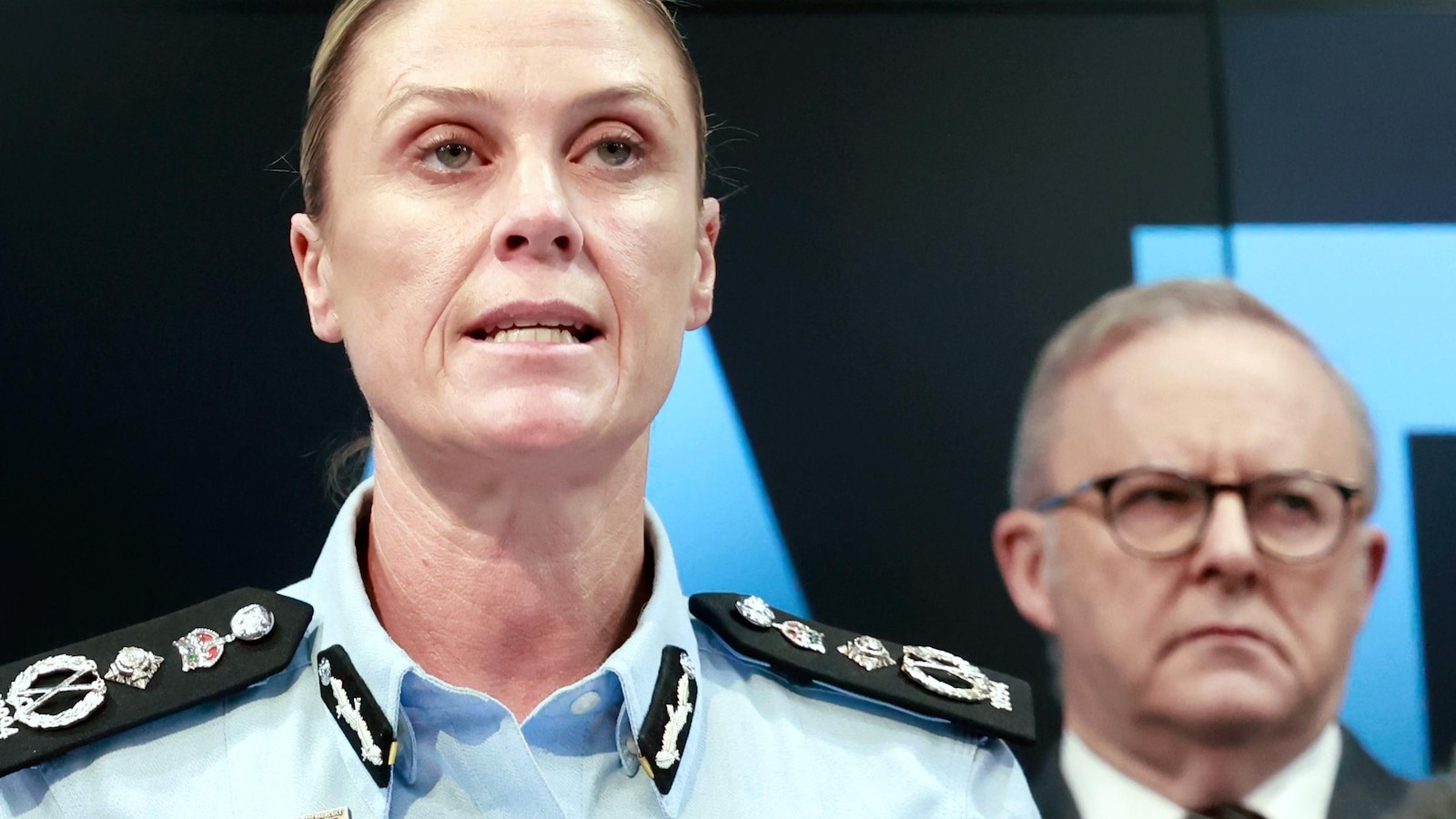
Australian police find no evidence of ‘broader terrorist cell’ in Bondi Beach antisemitic shooting
MELBOURNE, Australia — An investigation that extended to the Philippines of two men accused of shooting dead 15 people at a Sydney Jewish festival has found no evidence that they were part of a “broader terrorist cell,” police said on…
Continue Reading
-
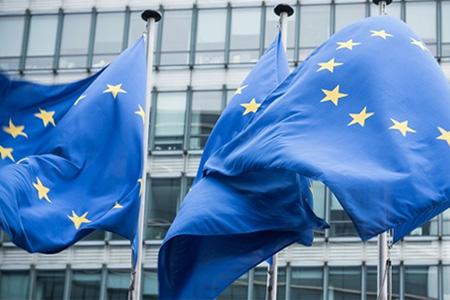
Statement by High Representative/Vice-President Kallas and Commissioner Kos on Kosovo parliamentary elections
On Sunday 28 December, the people of Kosovo exercised their democratic right by casting their vote in the early parliamentary elections.
After the political stalemate following the February 2025 elections, we look forward to the swift formation of…
Continue Reading
-
Police Out in Force Across the Territory for New Year’s Eve
Police will be out in force across the Northern Territory on New Year’s Eve to ensure Territorians and visitors welcome the New Year safely and enjoy a positive night out.
There will be multiple targeted police operations focusing on traffic…
Continue Reading
-
Any Attempt at Blocking China’s Reunification Cause is Doomed to Fail_Ministry of Foreign Affairs of the People’s Republic of China
On December 30, 2025, at the Symposium on the International Situation and China’s Foreign Relations, Member of the Political Bureau of the CPC Central Committee and Foreign Minister Wang Yi stated, “The Taiwan question is China’s internal…
Continue Reading
